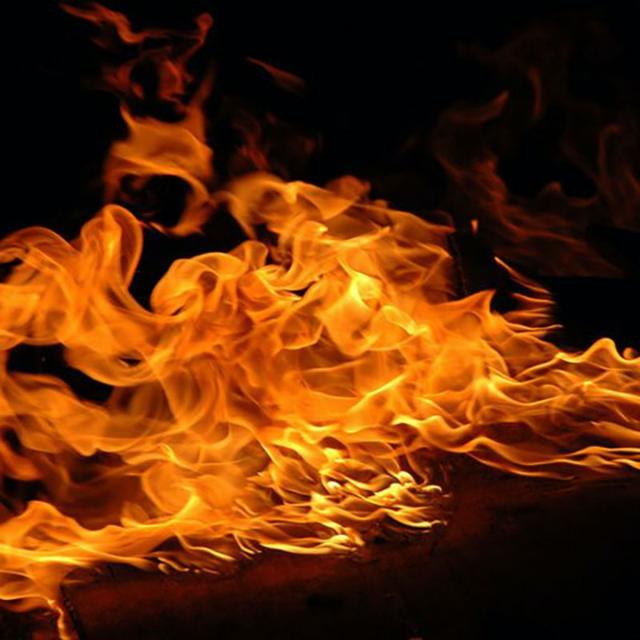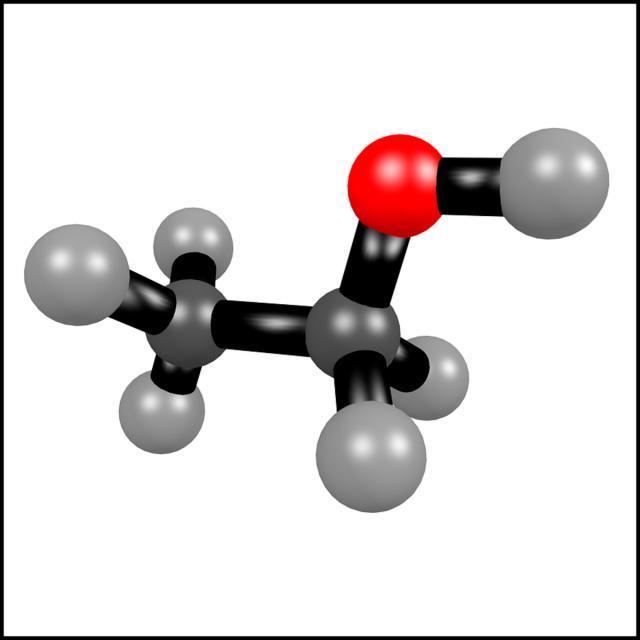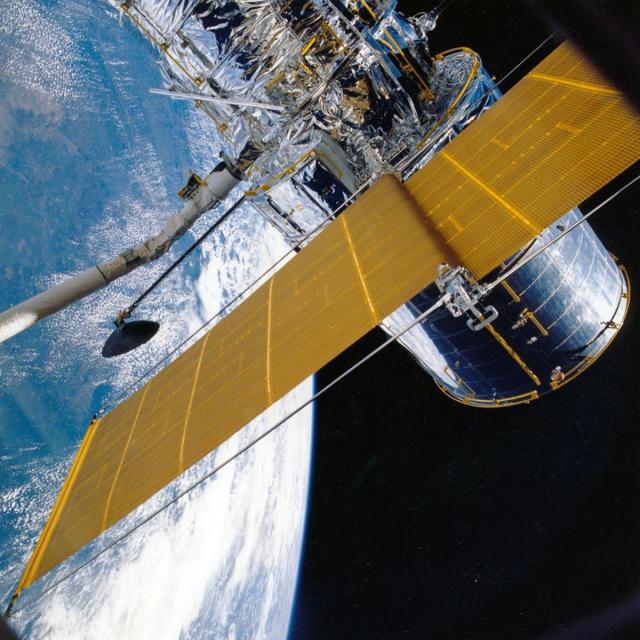Statistical Thermodynamics Specialization
This specialization was developed for the mechanical or aerospace engineering advanced undergraduate graduate or graduate student who already has a strong background in undergraduate engineering thermodynamics and is ready to tackle the underlying fundamentals of the subject. It is designed for those entering advanced fields such as combustion, high temperature gas dynamics, environmental sciences, or materials processing, or wishes to build a background for understanding advanced experimental diagnostic techniques in these or similar fields. It covers the relationship between macroscopic and microscopic thermodynamics and derives properties for gases, liquids and solids. It also covers non-equilibrium behavior as found in kinetic theory and chemical kinetics. The main innovation is the use of the postulatory approach to introducing fundamental concepts and the very clear connection between macroscopic and microscopic thermodynamics. By introducing basic ideas using postulates, students are given a very straightforward way to think about important concepts, including entropy and temperature, ensembles and quantum mechanics.
WHAT YOU WILL LEARN
- Understand how the microscopic properties of atoms and molecules relate to classical thermodynamic properties and to some non-equilibrium phenomena.
- Analyze and estimate how thermodynamic materials behave and obtain appropriate equilibrium and non-equilibrium properties.
- Apply some computational skills to statistical thermodynamics.





